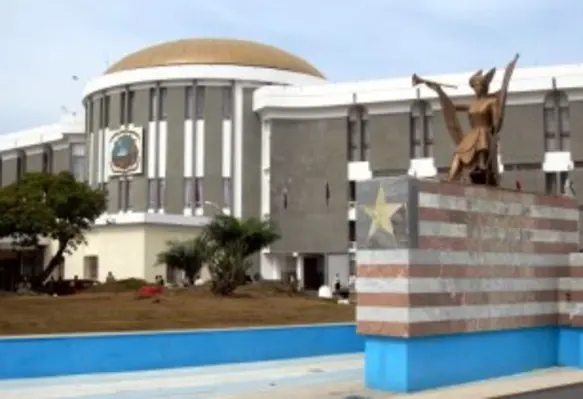Overloading of traffic has brought Liberias internet to a halt and Ultan Kelly, senior product line director at Cobham Wireless has responded to the massive cyber-attacks in Liberia, reported here in the Guardian
“The recent DDoS attack on Liberia, cutting out the country’s entire network infrastructure, proves the catastrophic damage that can be caused by cyber hackers that target connected devices. In such attacks, it is not only public web services that can be affected, but also the online business systems used in hospitals and other public services that people rely on.
“The Mirai botnet used by the hackers targets poorly secured connected devices which are ever more ubiquitous in the growing IoT landscape, and many internet service providers (ISPs) are woefully underprepared. But rather than looking at the problem at the device level, they must act now to address the threat at the network level, to ensure that consumers and businesses are not cut off from the world.
“ISPs must continuously stress test their networks against the variety of attacks that could befall them, employing technology that provides a comprehensive recourse for proactively protecting and hardening their
systems. The threat today is global and requires continuous, automated testing of ever changing policies that are verified with systems that have the latest cybersecurity and malware signatures. This maximises the chances of identifying any potential security holes across their entire business.
“What happened in Liberia could just as easily occur anywhere in the world, and operators need to plan for the inevitable: it’s not a case of if another DDoS hack will take place, but when.”






















